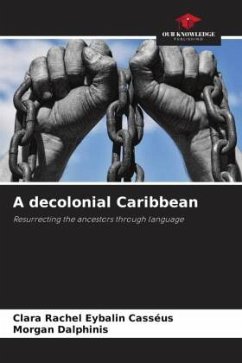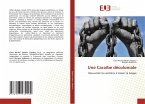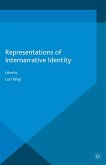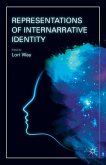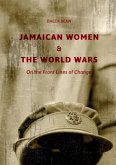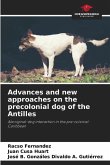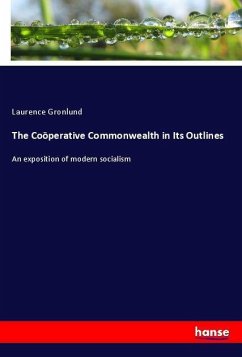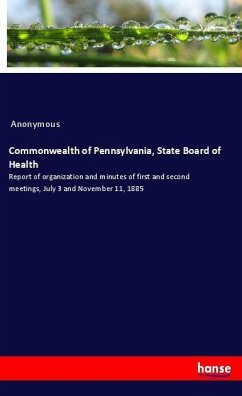The United Nations has designated 2019 as the year of indigenous languages. The time has come to address the intimate connections between power, action and memory. At the intersection of language, the politics of memory, and heritage tourism, this collective work demonstrates that thinking about Creole heritage in terms of educational policy and popular engagement helps to enrich this field of academic study and nurture a dynamic in the action of practitioners on the ground. By addressing the nature of a decolonial Caribbean and its socio-political, linguistic and even archaeological implications, it deals with a number of themes organized in two parts and nine chapters. Our wish is to contribute to the development of transnational memorial studies on the linguistic expressions of Creole. These, by shaping a sense of belonging to the Caribbean heritage, are fully in line with a major concern of preservation of these indigenous languages in the face of geopolitical domination issues under the various aspects of globalization.
Bitte wählen Sie Ihr Anliegen aus.
Rechnungen
Retourenschein anfordern
Bestellstatus
Storno

